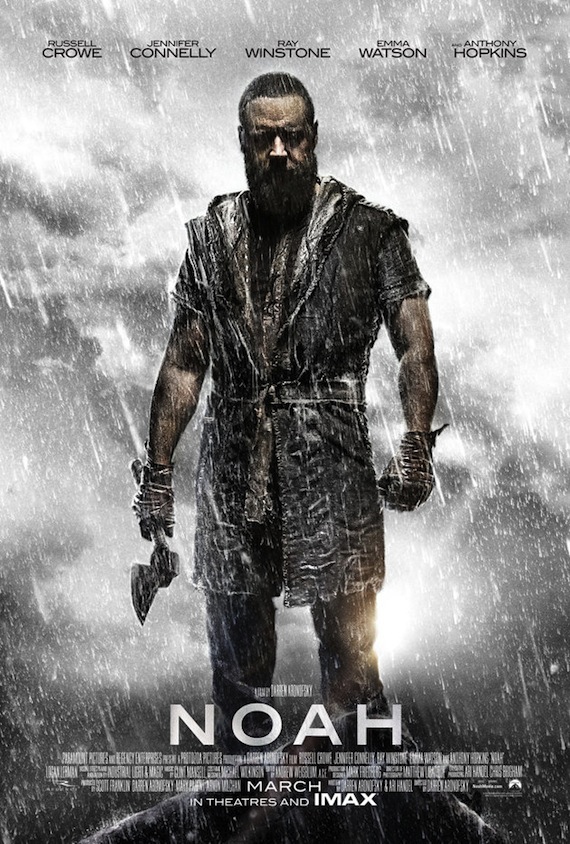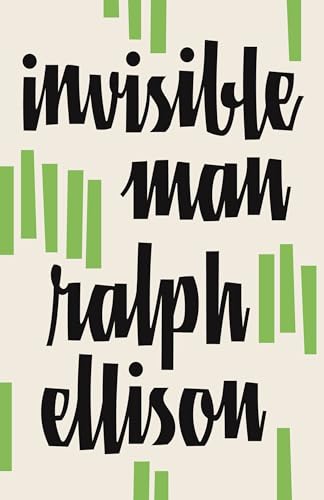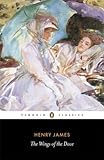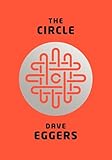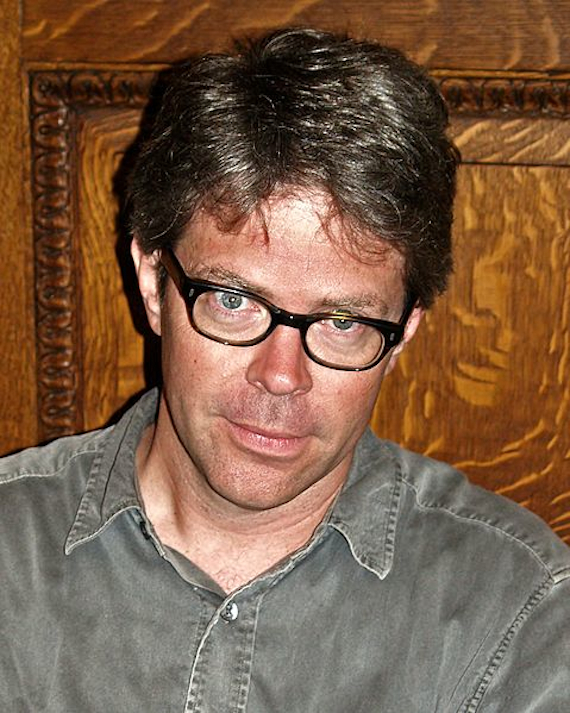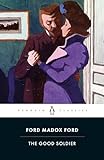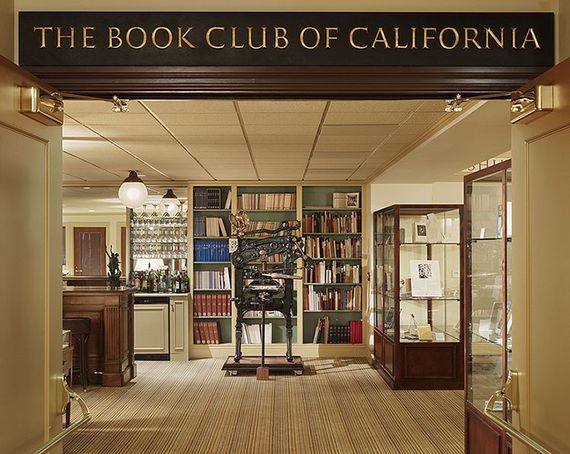
Modern Library Revue: #43 Dance to the Music of Time
Instead of Mary or Jesus or anybody, I suddenly thought only of Anthony Powell, whose beautiful Dance to the Music of Time I was then rereading, and felt an overwhelmingly sense that this is really all we get–that if everything else is taken away, the beauty of someone’s vision of the world is our meager but abiding solace for being in the world.


